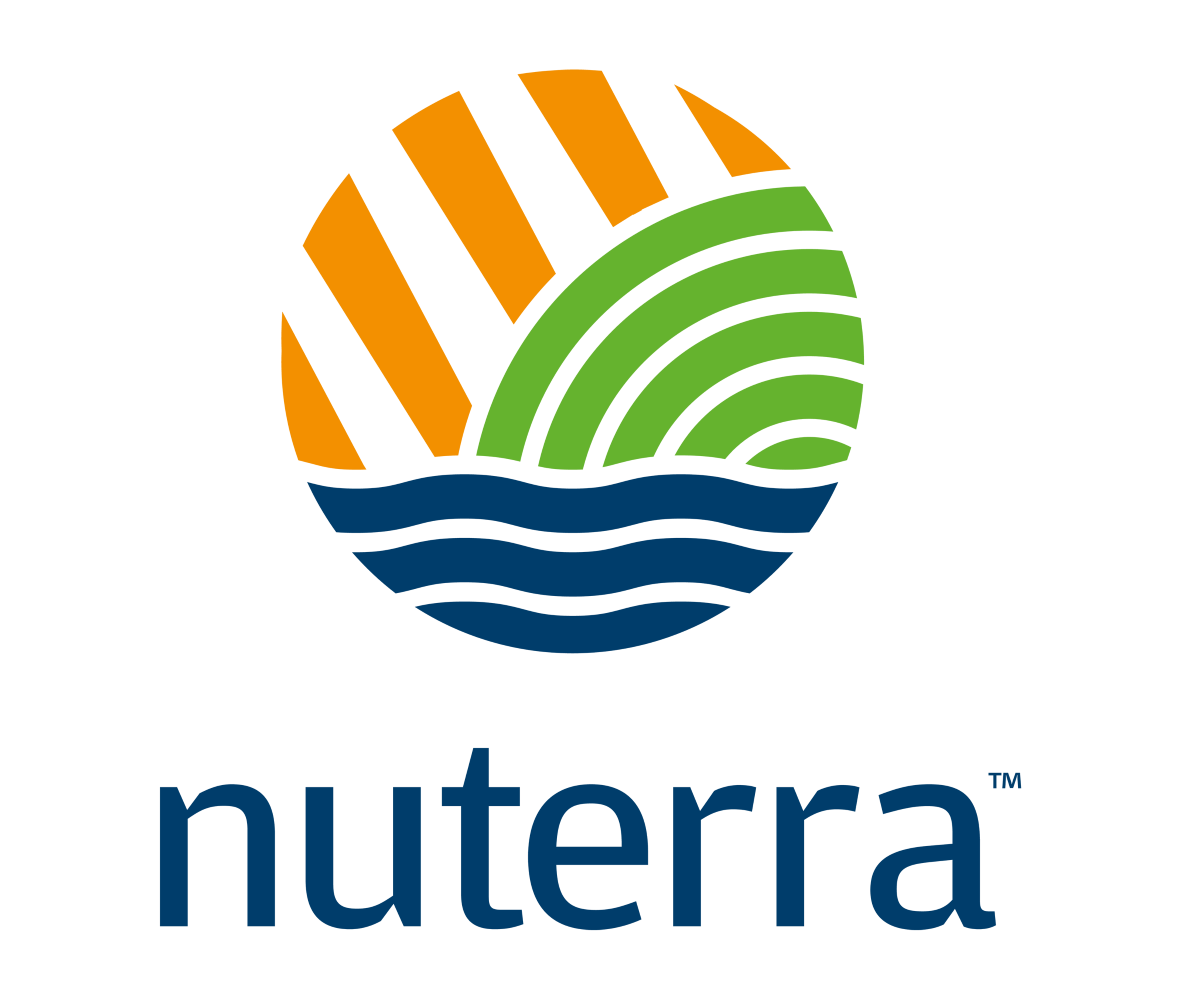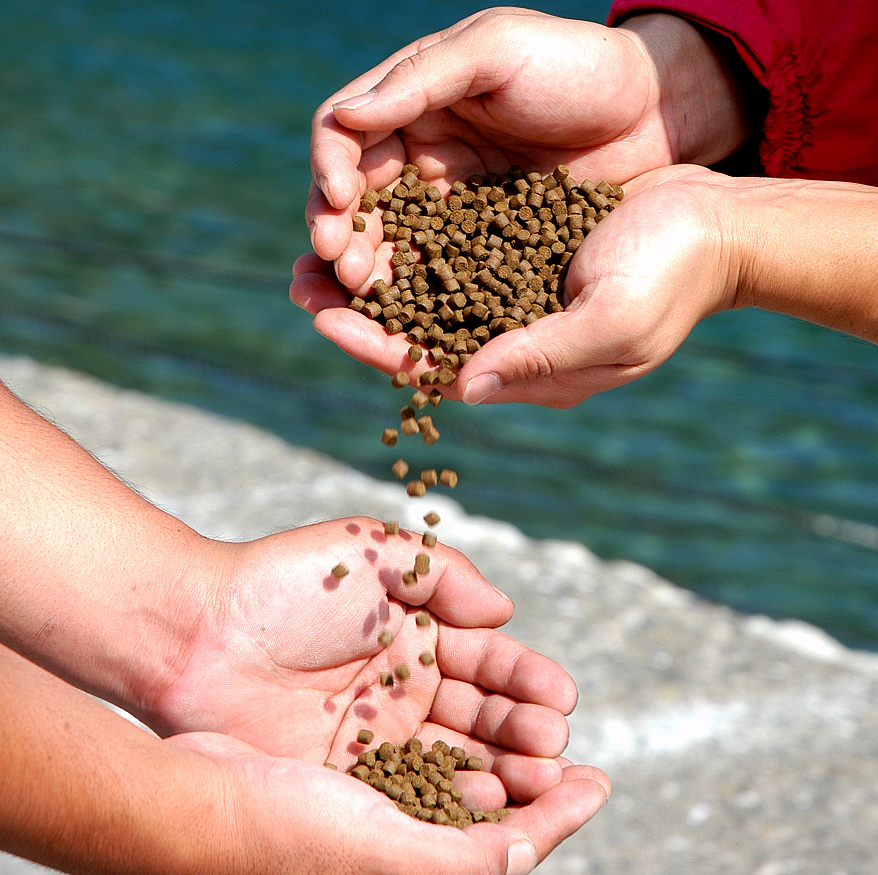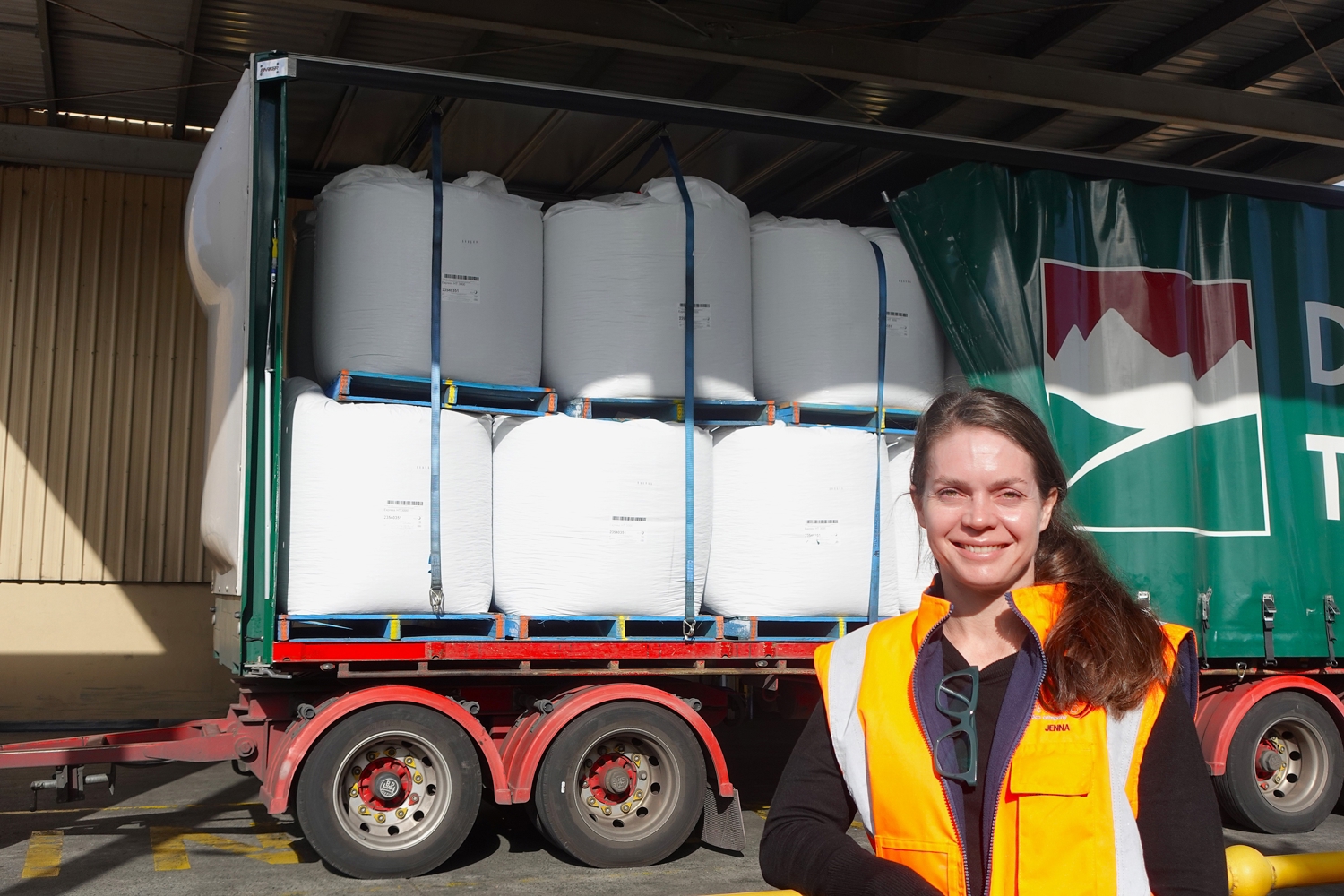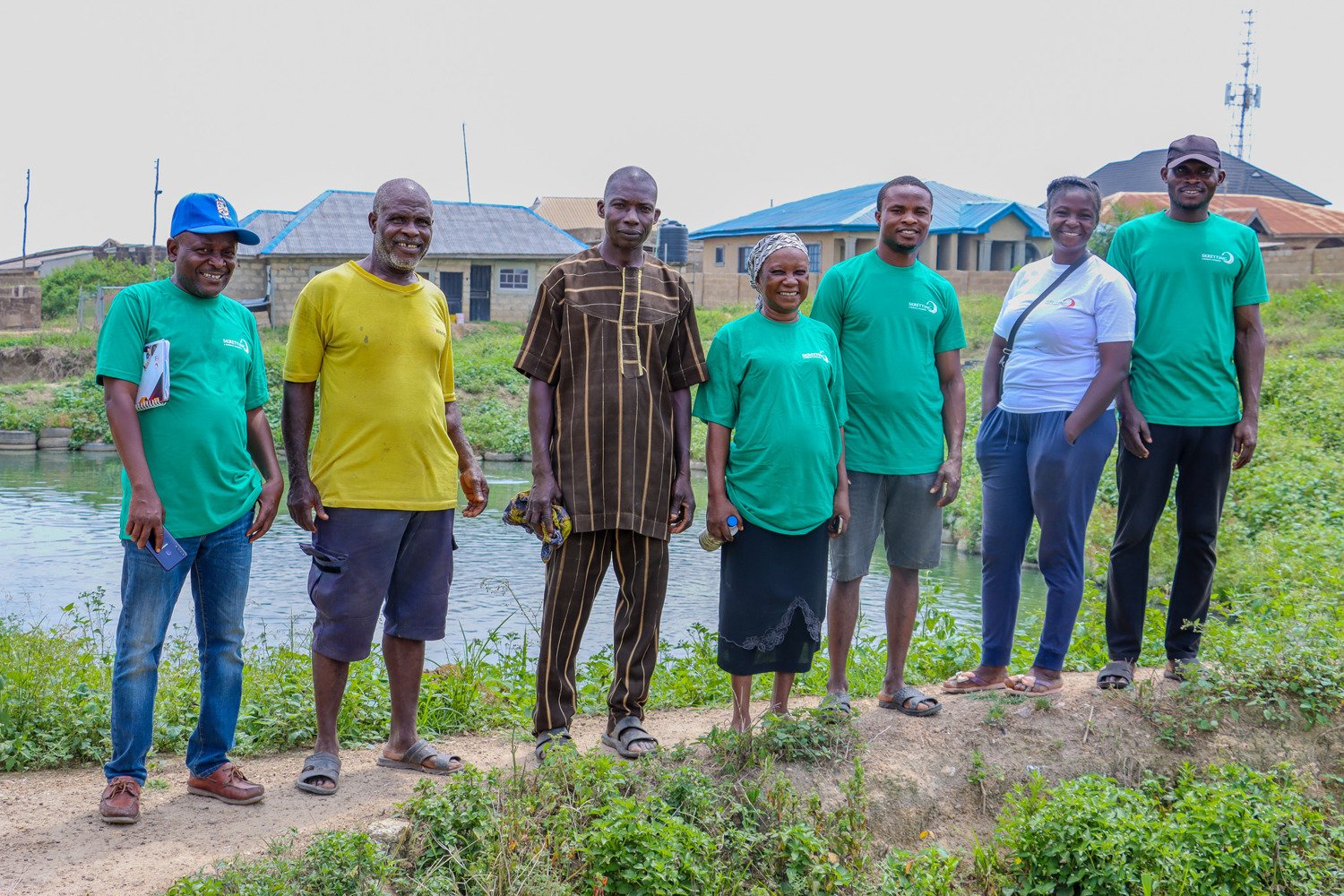Through our insight as a global leader in the animal nutrition and aquaculture feed sectors, Nutreco has long held the opinion that using resources in increasingly efficient and innovative ways is the most sustainable approach to feeding a population that is forecast to exceed 9 billion people by 2050.
Introducing Nuterra – our united approach to sustainability

We also believe that integration of the latest technological developments into pioneering, practical nutritional solutions can have a significant impact on closing the gap between the current productivity of livestock and aquaculture species and their actual genetic potential. Equally, we support new farming practices that seek to optimise production rather than those methods that simply seek to maximise output to the detriment of the broader landscape.
Nuterra – our new global sustainability programme – has been designed to live up to our responsibilities and ambitions. Sustainability has been a common pillar for both the animal nutrition and aquaculture sides of the company for a long time, but most of the actual sustainability efforts in these fields have been independent actions. The Nuterra Programme sets out Nutreco’s sustainability strategy and provides the tools required to implement it throughout the entire company.
Made up of three distinct components: the Nuterra Roadmap, the Nuterra Standard and the Nuterra Product Assessment, the programme provides a holistic approach to sustainability, and is designed to show us collectively where we need to put more emphasis in terms of common challenges such as climate change, and protecting life on land and in the water. It also indicates where we need to establish stronger commitments both in the wider value chain and from our own teams.
The Nuterra Roadmap sets clear ambitions regarding people, planet and profit. It is an aspirational tool designed to align the company’s actions and initiatives over a period of several years. These objectives are allied with the long-term strategy goals and are built on the programme’s four pillars: Nutritional Solutions, Ingredients, Operations and Commitment.
The Nuterra Standard is an internal tool that clearly outlines the actions needed to realise the Nuterra Roadmap, as well as to measure and score progress over time. Nutreco companies are to undertake this assessment biannually to ensure accountability in sustainability aspirations and targets.
Last but not least, the Nuterra Product Assessment is a tool that helps measure the environmental impacts and attributes of Nutreco’s nutritional solutions. It uses Life Cycle Assessment methodology to systematically evaluate the environmental aspects of using these products and services. The process of identifying what the most important sustainability attributes will be for aquaculture feeds is underway.
Nutritional solutions
Within the Nuterra Roadmap, Nutritional Solutions focuses on helping animal and farmer to perform better. Through the development of nutritional solutions, Nutreco expects to make a significant contribution to making aquaculture production more sustainable. In this regard, the focus is on four innovation areas: LifeStart, Feed Efficiency, Animal Health & Welfare, and Models & Services.
LifeStart covers specific hatchery and nursery nutrition, nutritional solutions for challenging first life stages, transition diets and broodstock nutrition.
Feed Efficiency focuses on having the knowledge and competence to meet all of the nutritional requirements of aquaculture species in order to fully utilise its growth potential. This will enable us to maximise the output of body mass (food) for a given input of feed.
Animal Health & Welfare concentrates on supporting fish and shrimp stocks against stresses such as extreme temperatures, handling and a range of parasites and diseases that can lead to negative health impacts.
Models & Services support our customers to choose feeds that best suit their unique situations and to provide advice to deliver optimum on-farm performance and maximise return on investment.
Ingredients
As Skretting’s aquaculture diets comprise a wide variety of ingredients sourced from all over the world, the Ingredients component of the Nuterra Roadmap creates a sustainable base for feeds and includes responsible sourcing as well as the progression of sustainable partnerships between value chain partners.
The Nutreco Supplier Code of Conduct enables engagement with suppliers on material issues relating to their operations and sets minimum criteria relating to environmental, social and legal aspects. Based on spend, over 90% of suppliers have signed-off on their agreement to comply with the code, and it is mandatory for all new suppliers to sign. Supplier sustainability audits are performed, with an extra focus on countries and ingredients that have been identified as ‘high-risk’.
At the same time, because cooperation between value chain partners (business, government, science and NGOs) is a prerequisite to successfully addressing the sustainability challenges of the industry, Nutreco participates in various sustainable partnerships such as the Round Table on Responsible Soy, the ProTerra Network, the Roundtable on Sustainable Palm Oil, the Aquaculture Stewardship Council and the International Fishmeal and Fish Oil Responsible Supply Standard.
Operations
The Operations area ensures Nutreco has its own house in order by focusing on reducing the environmental impact of operations as well as improvements within the working environment. Under the Nuterra Programme, the focus is on the monitoring and recording of five sustainability KPIs:
Energy – Make smarter decisions about using newer, more energy efficient equipment and processes in our factories.
CO2 Emissions – Continuously investigate options to change our energy sources to more sustainable options.
Waste – Aim to reduce the amount of waste going to landfill by recycling and reusing as much as possible. Also focus on reducing the amount of products we purchase that cannot be reused or recycled.
Water – Lower withdrawals from local water sources by increasing productivity per water input, reducing wastewater discharges and their pollutant load, and reducing thermal energy consumption.
Health & Safety – Monitor our health and safety performance by registering work accidents and by continuously improving the safety of our work environment.
Commitment
While innovations and operational best practice are hugely important elements in the progress of sustainability, we believe the agenda can only be meaningfully progressed through communication and dialogue with stakeholders.
As well as hosting the two biennial conferences, AgriVision and AquaVision, that bring together key stakeholders from the international feed-to-food chain to discuss global feed, food and business related topics, Nutreco is also heavily involved in community development. This is through the recognition that many farmers in developing markets are smallholders, using basic agriculture and aquaculture methods.
The company has also identified that an important component in the global challenge of sustainably feeding a growing population is to improve the productivity and sustainability of these farms’ farming methods. Therefore, through local community development programmes and partnerships with local governments, NGOs, universities and other companies, Nutreco is sharing its knowledge and expertise. Current programmes include a project in Nigeria helping to raise the livelihoods of as many as 1,000 small catfish farmers.
Nutreco’s Nuterra Programme is also aligned with many of the 17 Sustainable Development Goals (SDGs) to be achieved by 2030 that were adopted by 193 United Nations (UN) member states in September 2015.


